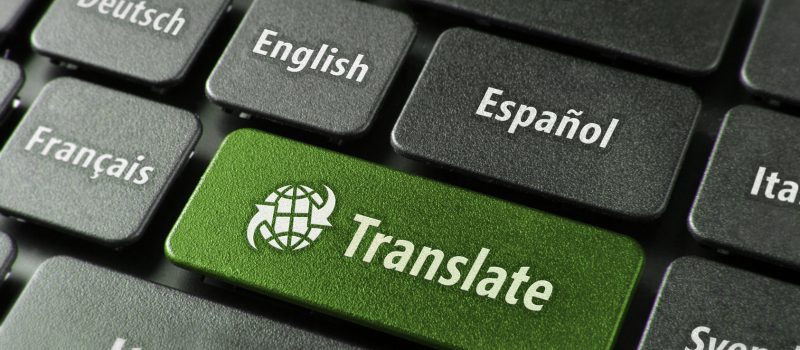19.2 million working age adults in the US aren’t fluent in English. That’s almost 1 in 10 people.
As a result, interpretation and translation services are essential for many businesses. But finding the right person when there’s a translator needed can be a daunting task.
Here’s how to find the right interpreter or translator for you and your business.
Know If It’s an Interpreter or Translator Needed
“Translator” and “interpreter” actually mean two different things.
Translation means translating text. Being an interpreter means interpreting voice or conversations. Each has their own specific skill sets. You wouldn’t hire an interpreter if it’s a translator needed and vice versa.
Knowing the needs of you and your business up front ensures you hire the right person with the right skills.
Search Online Directories
A lot of professional translator and interpreter associations maintain directories of their members. This can be a great way to seek out a qualified professional.
The American Translators Association is one of the most extensive. They have searchable directories of freelance translators and interpreters. They also list local associations across the United States.
Check for Industry Specific Qualifications
Some industries need their interpreters and translators to have specific qualifications. This can be specific to industry standards or even national or state laws.
For instance, Section 1557 of the Affordable Care Act introduced new standards for language access. These included stipulations that interpreters used by healthcare professionals must:
- Hold professional qualifications
- Adhere to interpreter ethics and client confidentiality
- Know all necessary medical terminology
Making sure any candidates you consider have the right qualifications is paramount. It ensures you’re adhering to the law, but also means you’re hiring a professional in their field.
Make Sure Your Candidate Uses Established Protocols
Interpreting and translating have their own set of industry-specific best-practices. These ensure translators and interpreters work with care and attention to detail.
Some interpreter protocols include:
- Interpreting in the first person
- Not changing or summarising the interpretation
- Refraining from side conversations
Making sure any potential candidates have mastered their industry best-practices is essential. It ensures you’re getting industry-standard work from a professional in their field.
Ask for References and Samples of Previous Work
Hiring an interpreter or translator is like hiring any other freelancer. You wouldn’t hire a bookkeeper without checking their references first.
Make sure you ask for a resume and samples of their work if they’re a translator. Also, ask for references and whether you can contact their previous customers.
Don’t Be Afraid to Go Through a Third Party
Like in real estate, hiring a third party to do the legwork for you can make for a much smoother experience.
Third party services like Boostlingo find and vet interpreters for you. This means you don’t have to waste time searching directories yourself. It also means you’re guaranteed a qualified professional with all the requisite certifications.
Communication is the Foundation of Good Service
Language can be finicky, but finding a good interpreter or translator isn’t an impossible task. Keeping these five points in mind as you start your search will ensure you hire the best person for the job.

